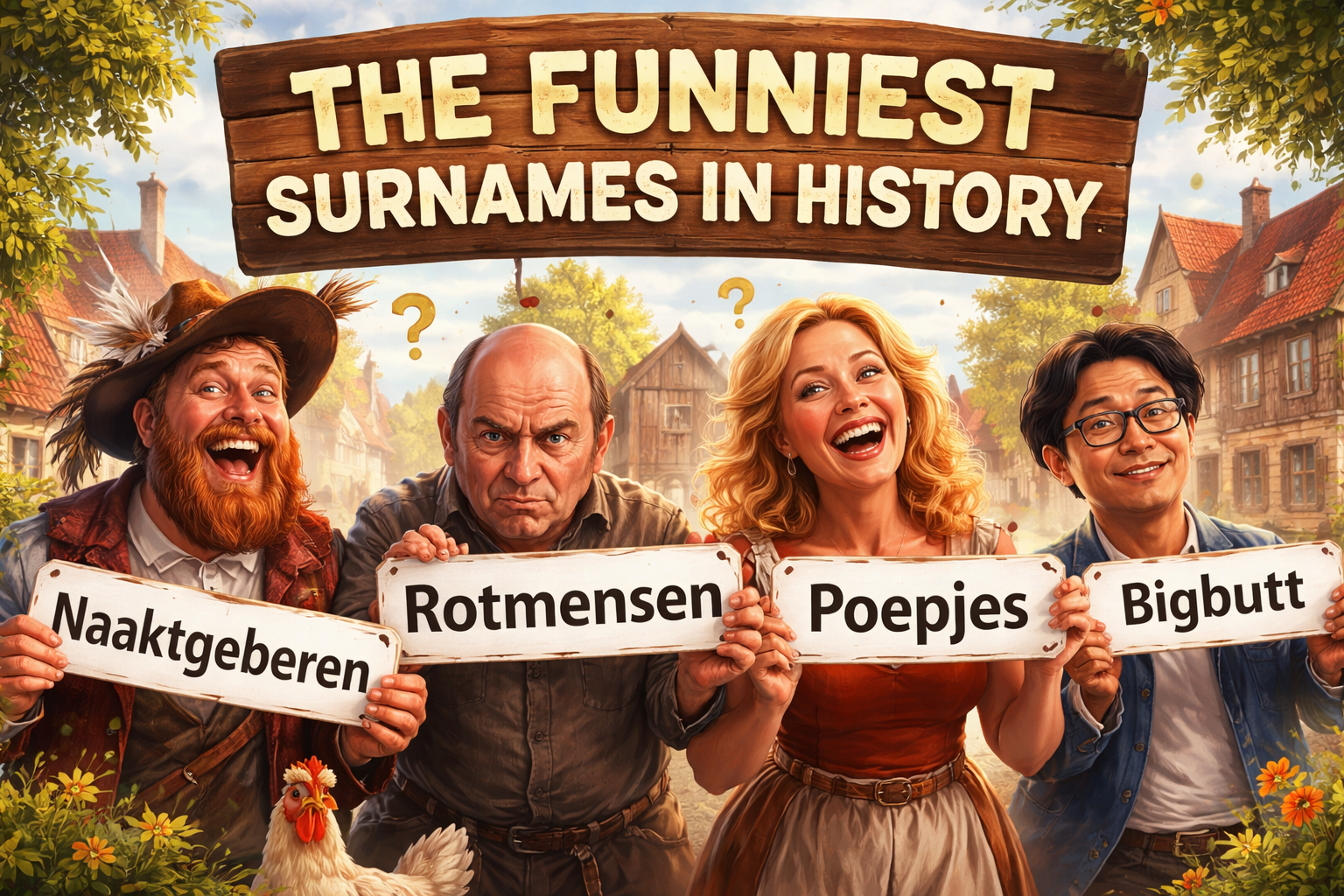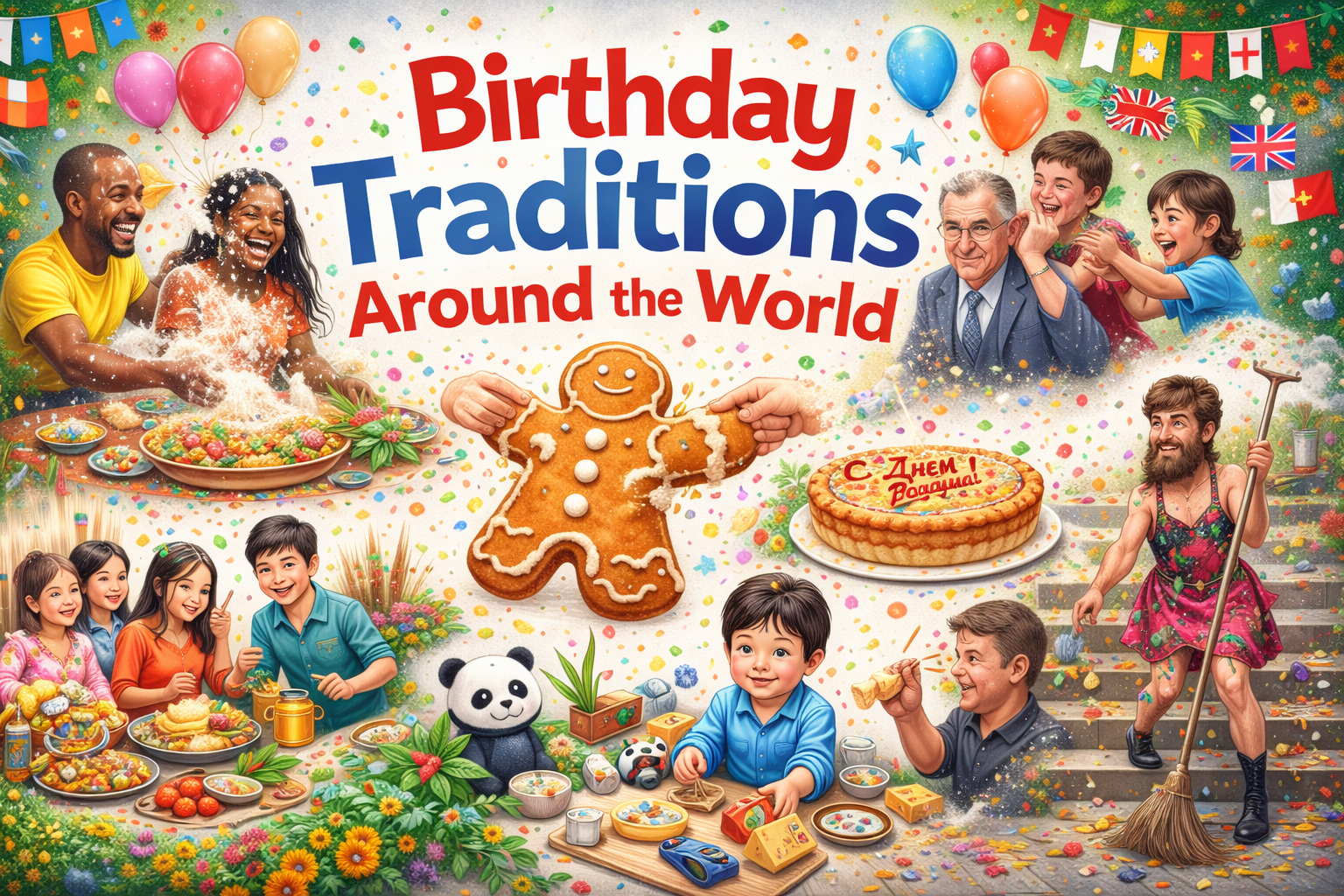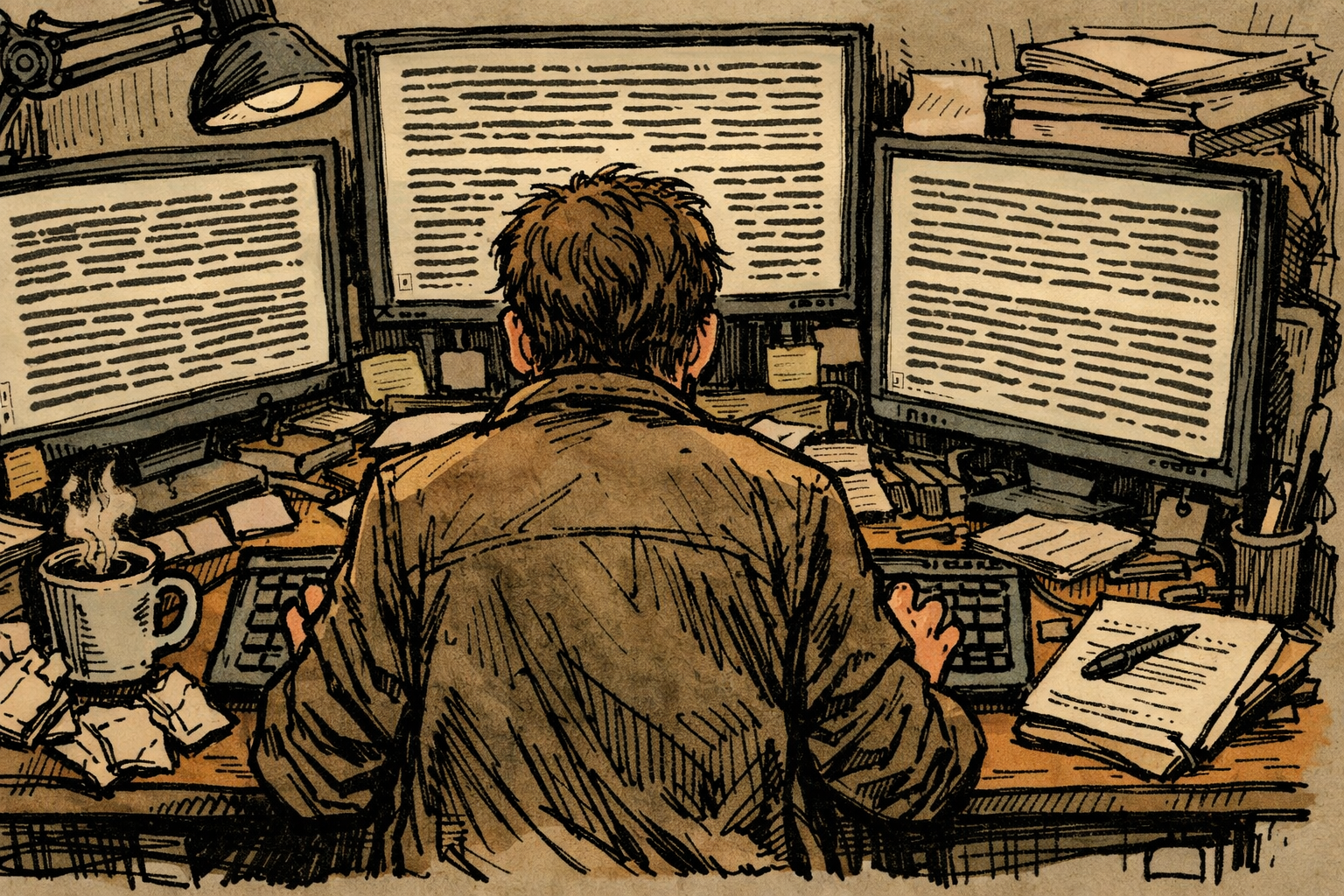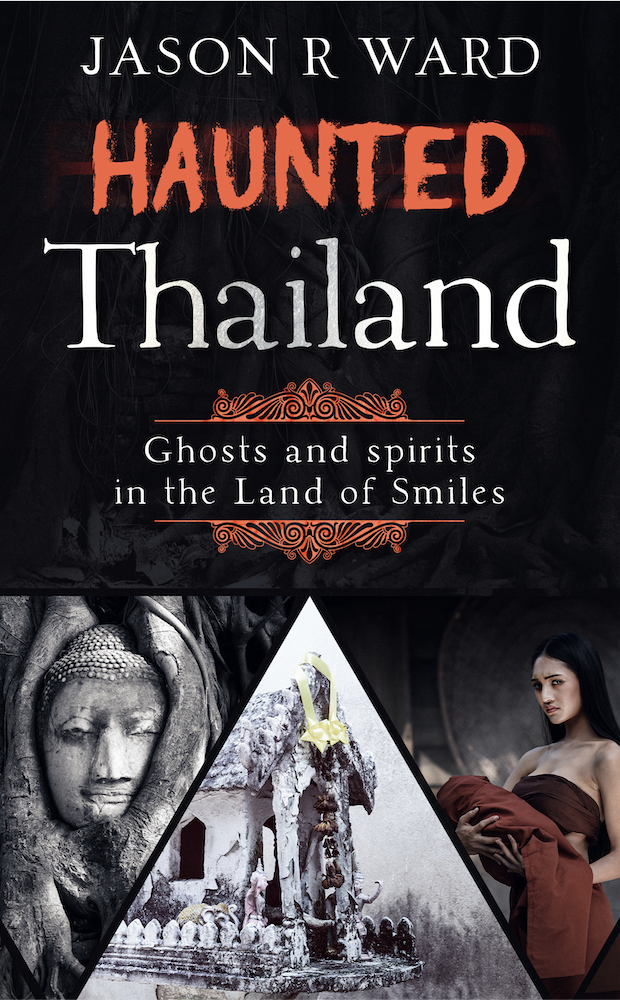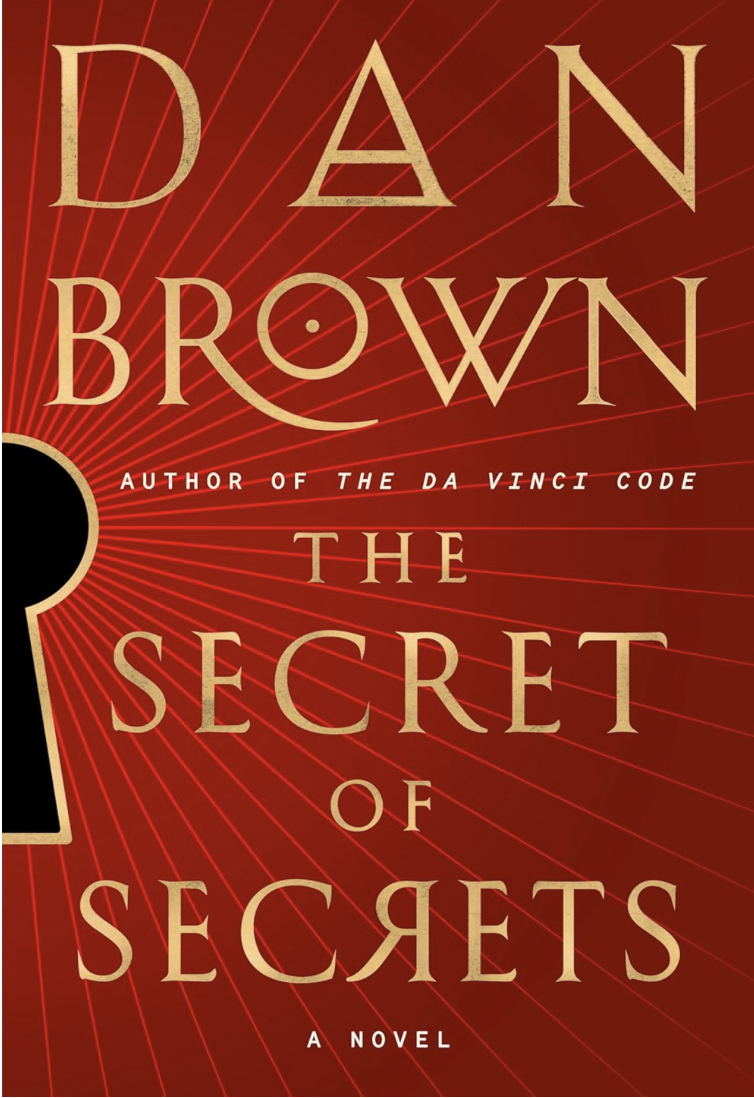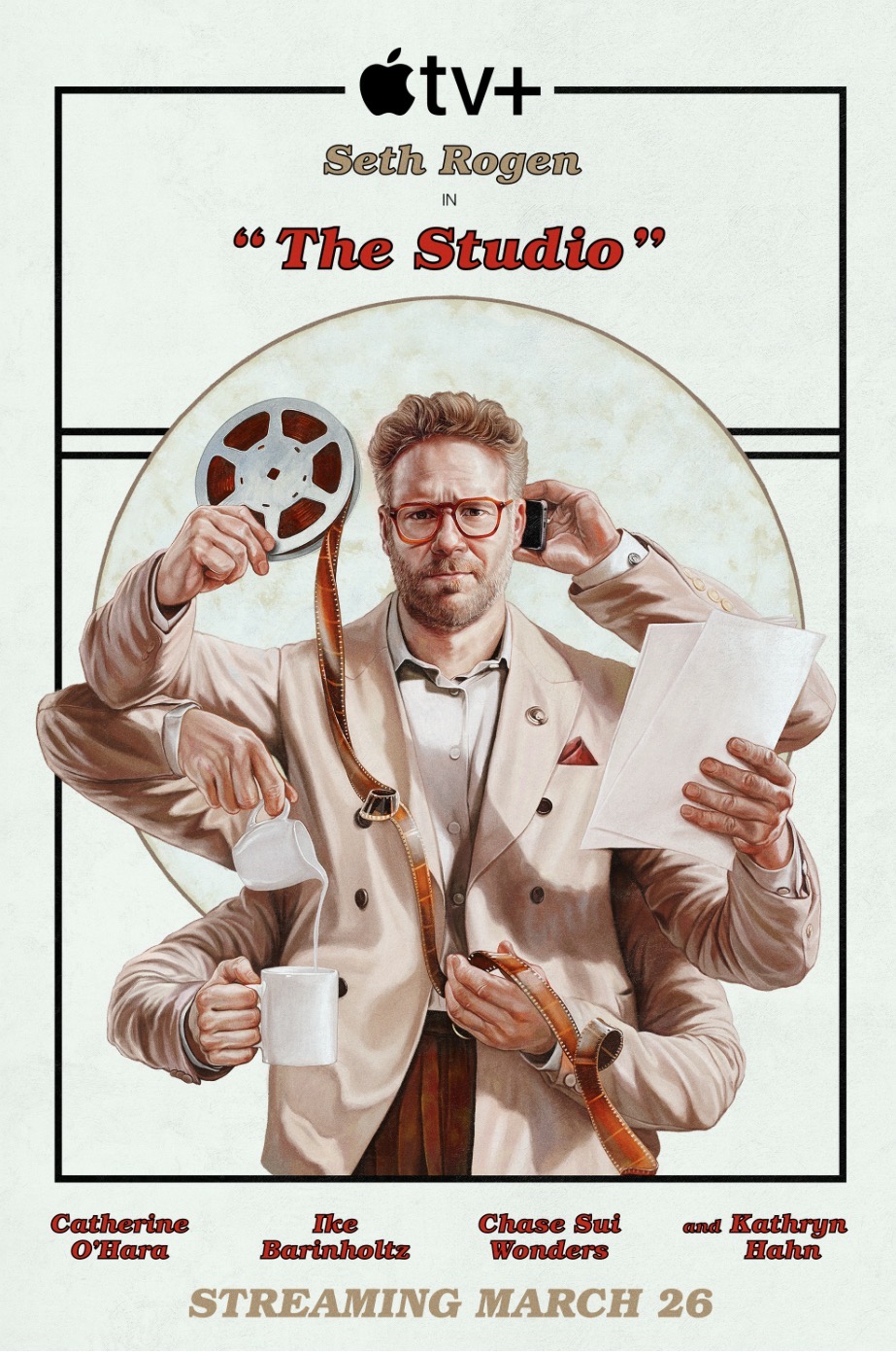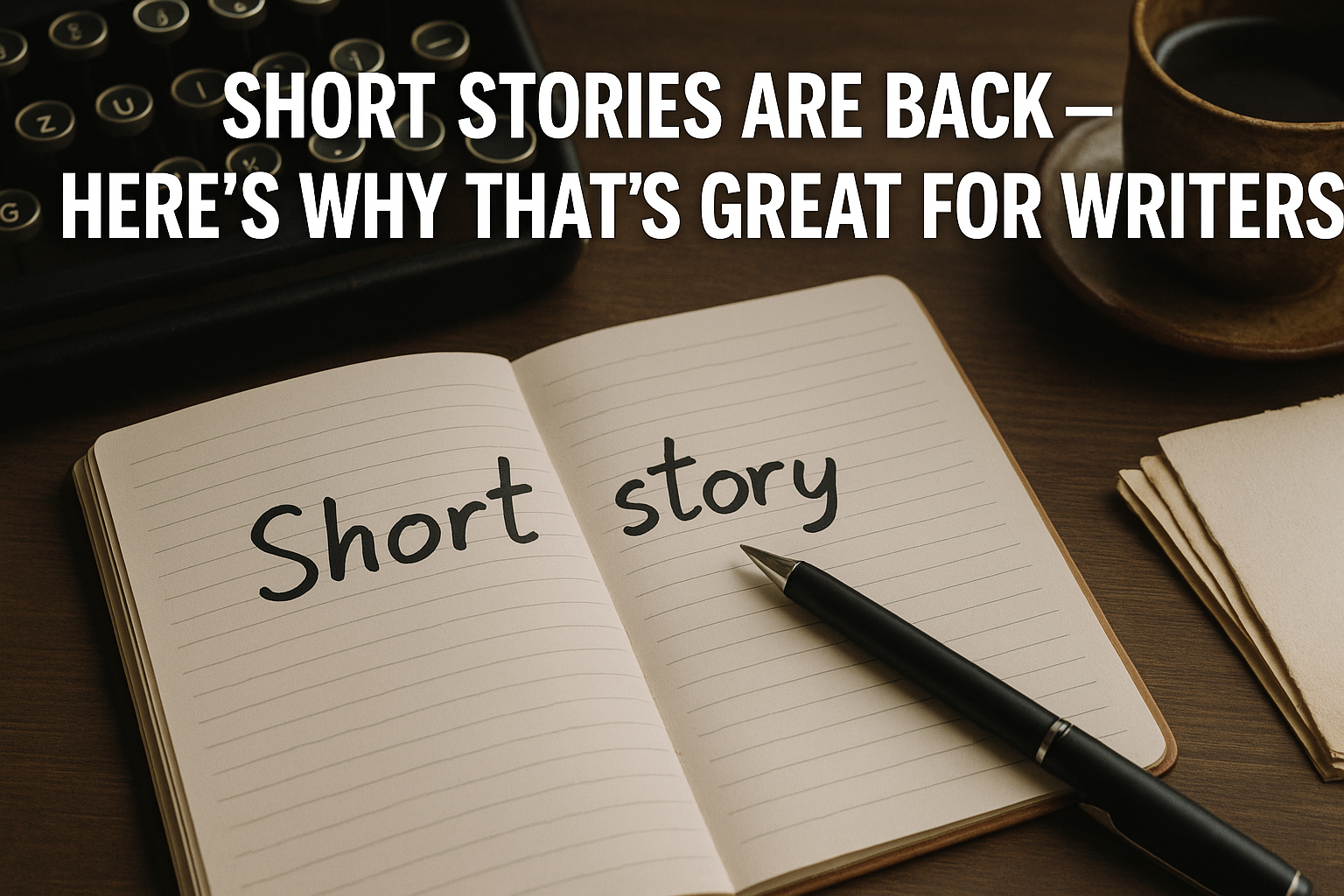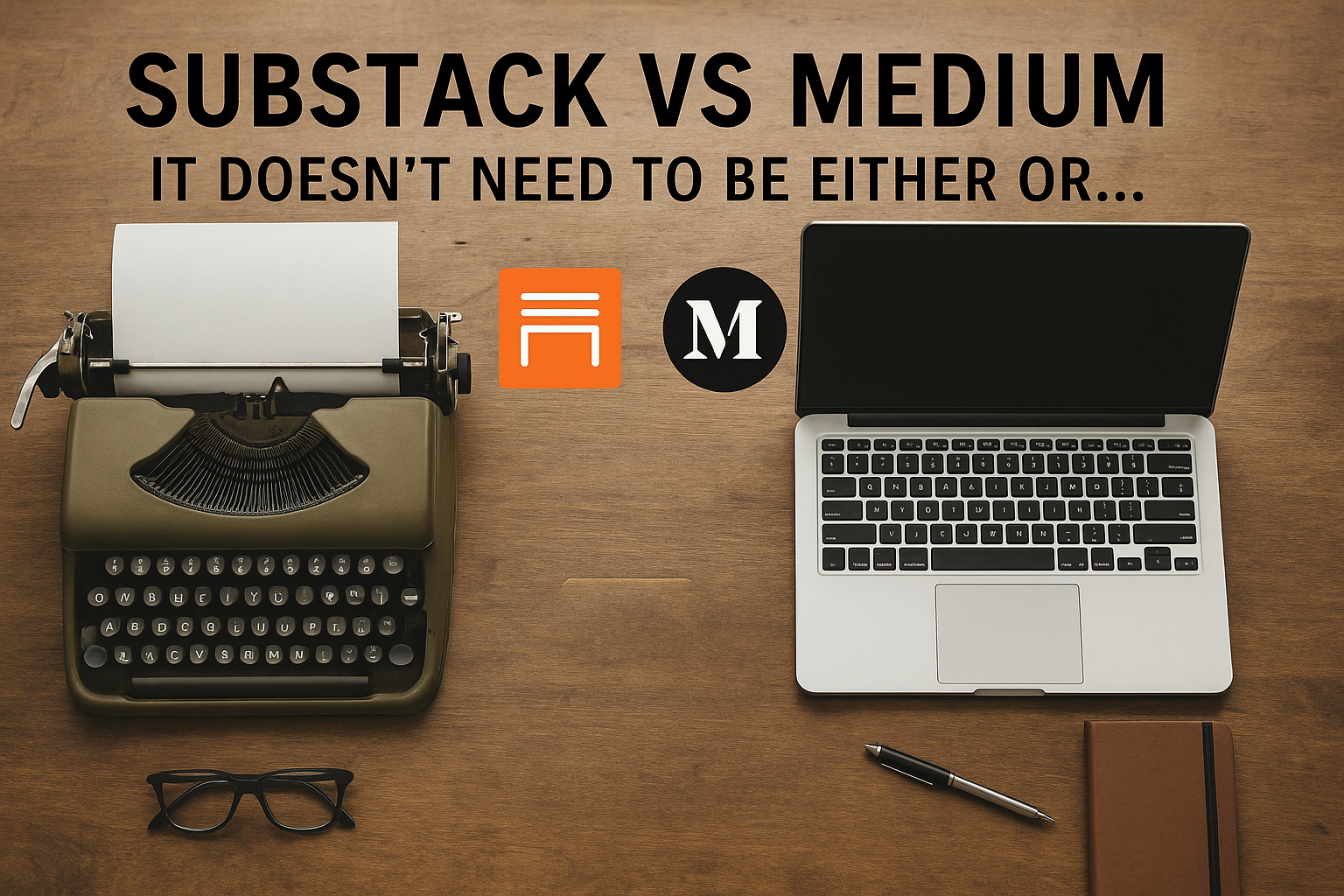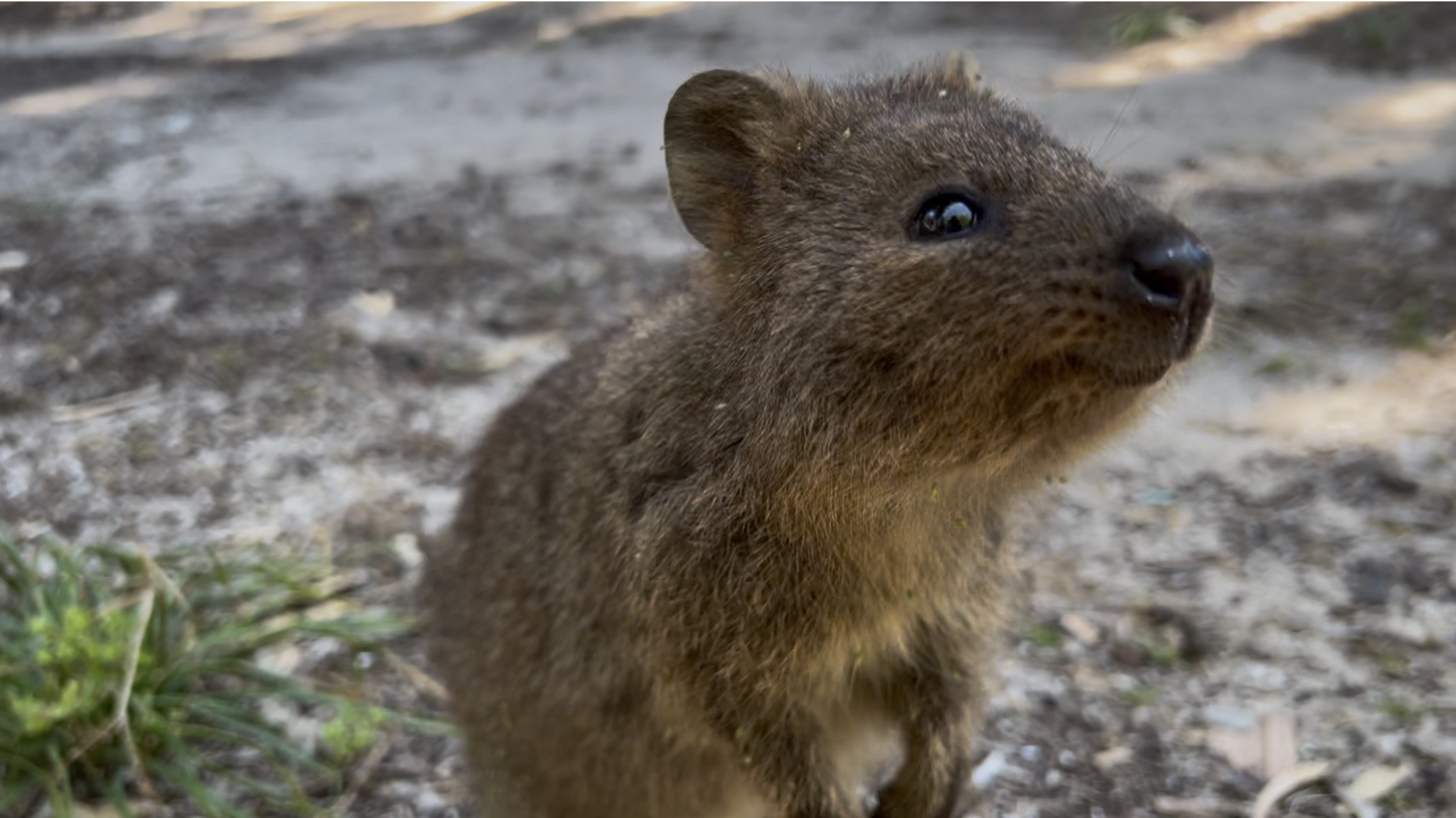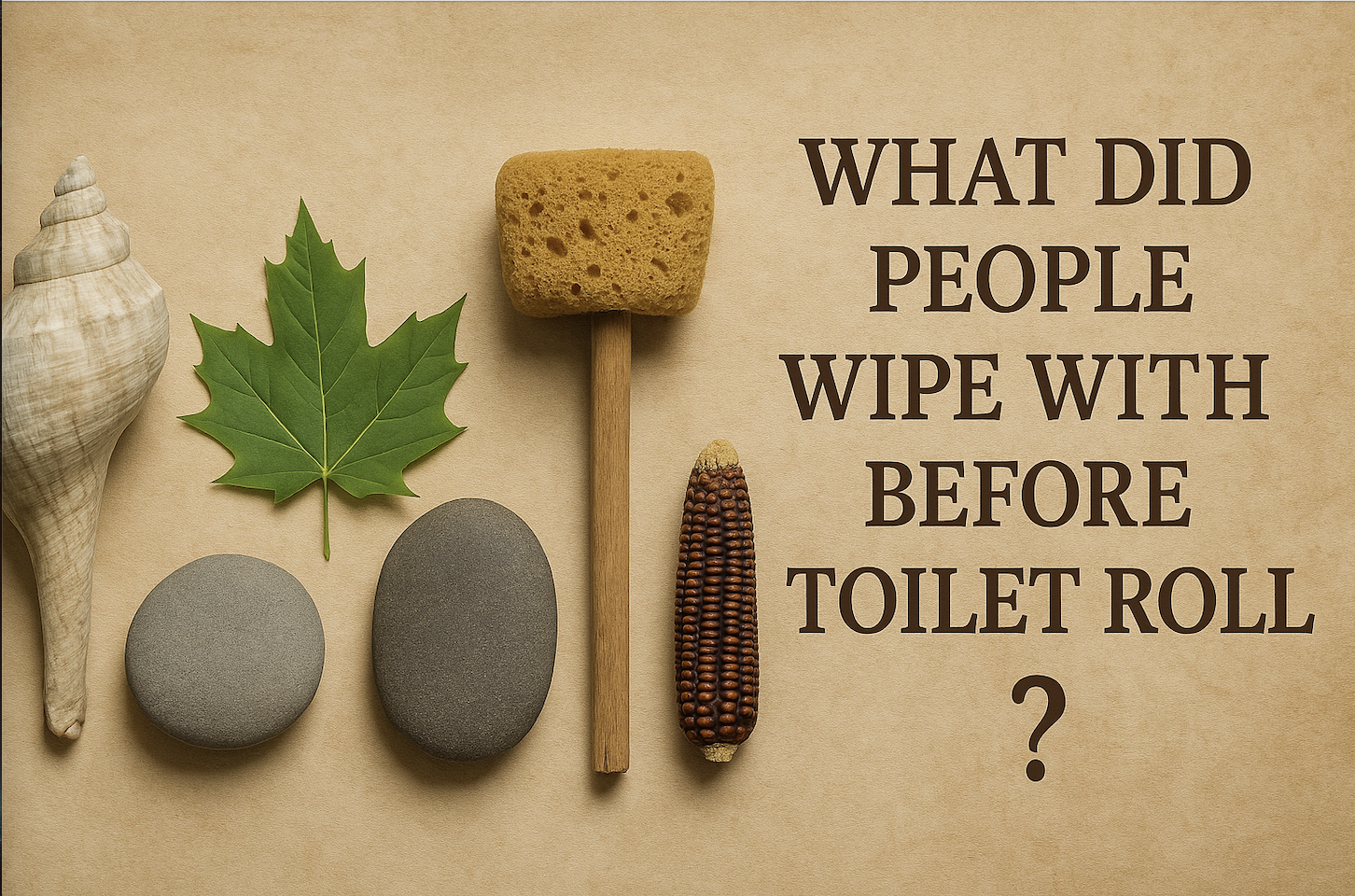Obsessed with current affairs podcasts
I have recently become mildly obsessed with current affairs podcasts. There is a famous Chinese curse that says, “May you live in interesting times!” Well, we do.
Of course, it is all relative. Most of history has been overly interesting and horrendous – think plagues, world wars, Mongol invasions and so on.
The year 536 AD is widely believed to have been the start of the worst period to be alive in history. Now they were interesting times.
Current Affairs podcasts are a great alternative to the news.
I live in Thailand most of the time but am from the UK (where I will spend three months this year). I follow the Thai news thanks to informative emails every day. But as the military is in power here and has made it hard for anyone else to get a look in, the news is kind of the same most of the time. Also, you aren’t allowed to write negatively about anyone, even if provably true, so everything is pretty toned down. In case any local authorities read this – I think your freedom of speech laws are great!
In the UK however, people can say what they want about current affairs. They can also report on stuff around the world and have a negative opinions on things. It is quite refreshing.
I have friends who get furious about politics on social media, but they always express such predictable opinions it is tedious. Most of my friends (media lefty types) bang on about the BBC being too much on the political right, whereas my right-leaning friends (I have a couple) think the Beeb is a bunch of pinkos.
Newspapers are ok, but again, they are all on one side or another, and it gets predictable. I love The Week magazine, as I think it strikes a genuine balance and reports both sides of an argument.
Current affairs podcasts, on the other hand, are getting better and better. They have become my go-to way of getting the latest news – in addition to news flashes on my phone, watch, and the hourly news on BBC Radio 2 (my background sound of choice).
I have written before about my growing love of podcasts and have written about them here. But they are mostly science and history.
What kicked off my current fascination were three in particular.
The News Agents features well-known journalists Emily Maitlis, Jon Sopel and Lewis Goodall. I have listened to around 15 episodes so far, and it is really enjoyable.
The news, at least for the episodes I have listened to, has been very UK politics-focused. But that could just be because politics in the UK right now are insane.
Essentially, since I have been listening – Truss got in power, she and Kwarteng messed up a lot of stuff, the economy and pound tanked, and then there were the Labour and Tory party conferences.
When – or maybe that should be if – things calm down, then there might be more global news. Either way, as a Brit, I am a big fan of the show.
I mentioned The Week magazine before. Well, The Week Unwrapped is from them.
What makes this podcast so interesting is that they look at current affairs that aren’t making headlines but should be. Olly Mann is joined by a couple of other journalists, and they each discuss a news topic that might have otherwise flown under the radar.
This is international news and a huge range of fascinating topics. The website is here, but you will find the podcast everywhere.
The Rest is Politics comes from journalist Alistair Campbell, the former Downing Street Director of Communications and Strategy for Tony Blair. And ex-Tory cabinet minister Rory Stewart, a British academic, diplomat, former soldier, and author.
Although both worked at the highest levels in Parliament, they look at politics all over. For example, I recently listened to an episode they did with the Albanian Prime minister.
Both are very different, but they work well together, and they have had some seriously important guests.
There are others I listen to, but that should be enough if you are interested. This is obviously a very UK take on current affairs, but I’m not going to apologise for that. I do still occasionally read the news (mostly the Week, the BBC, and the Guardian), but podcasts are fast becoming my favourite way of learning about what’s going on. They also help explain both sides and keep me from an unwitting echo chamber. At least, I think they do.



